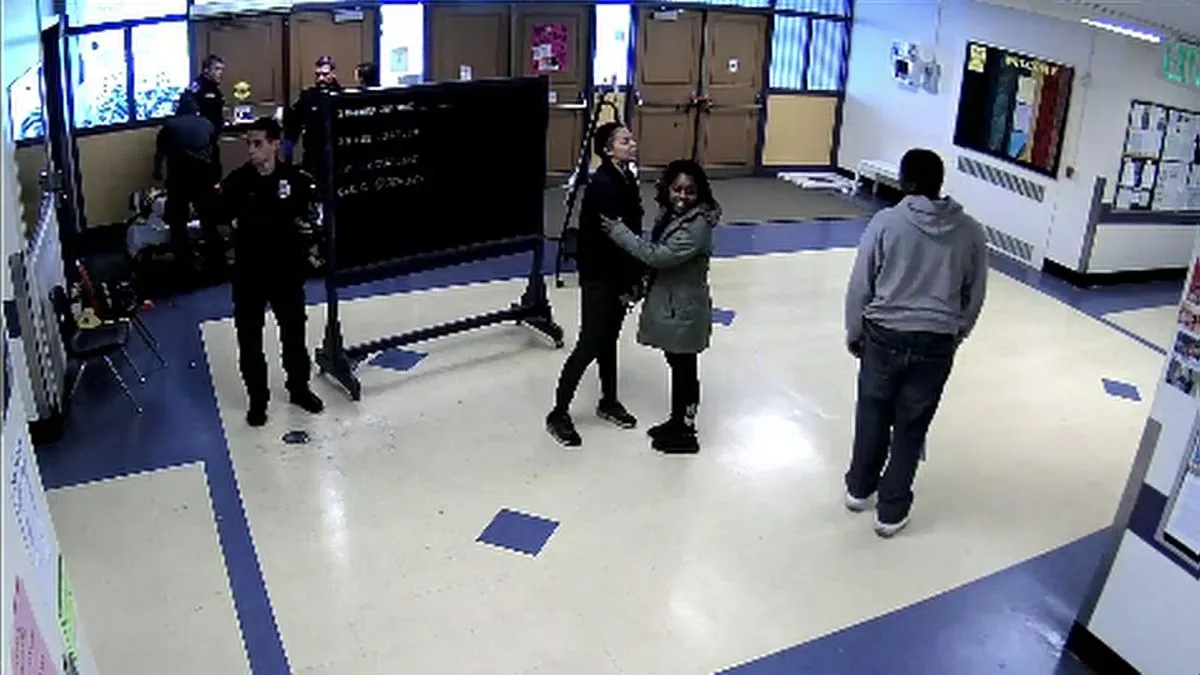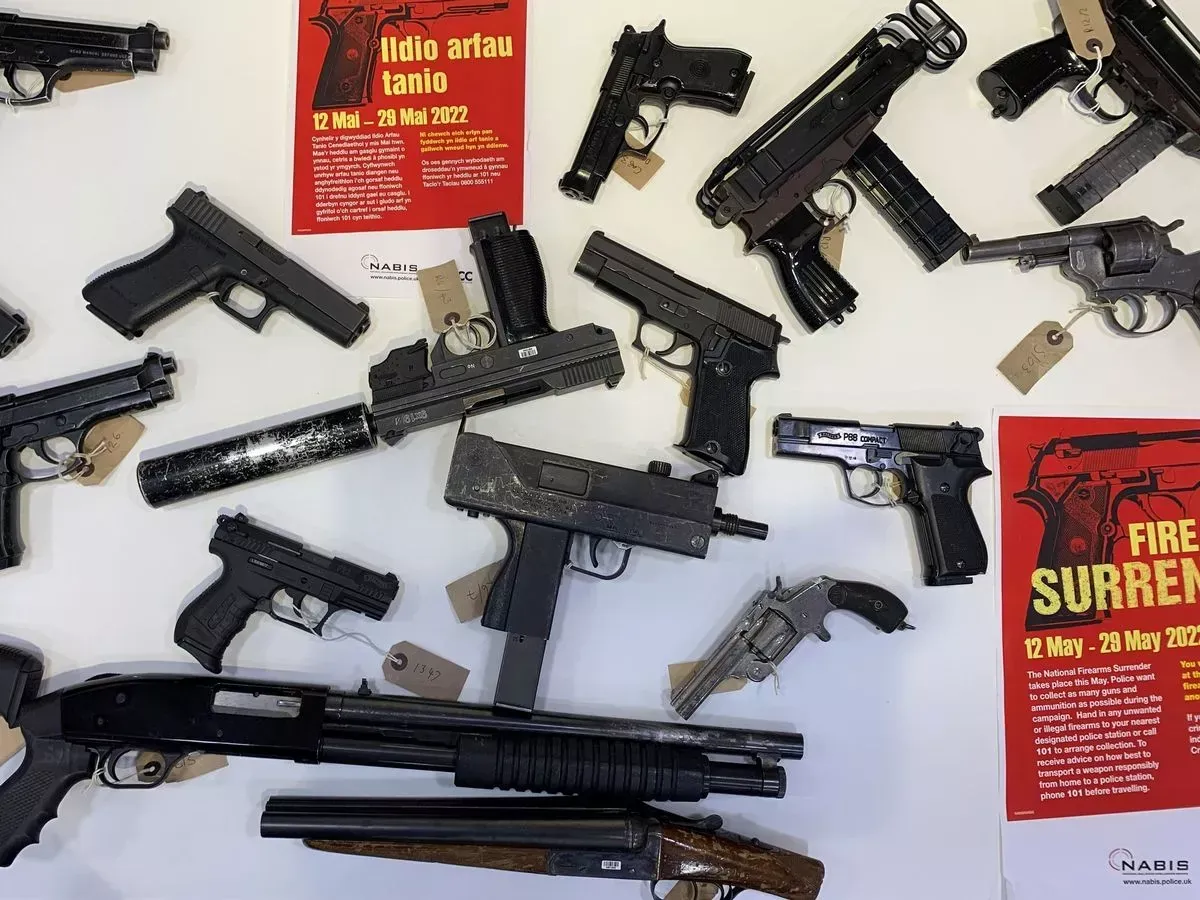Global Responses to School Violence: A Comparative Analysis
A recent school shooting in Georgia prompts a look at how different countries address school violence. From gun control to security measures, nations employ varied strategies to protect students.

A recent tragic incident at Apalachee High School in Winder, Georgia, where a 14-year-old student fatally shot four individuals, has once again brought the issue of school violence to the forefront of global discussions. This event provides an opportunity to examine how various nations address similar challenges, highlighting the diverse approaches to ensuring student safety and preventing such occurrences.
In the United Kingdom, two significant events shaped the nation's gun control policies. Following a 1987 incident in Hungerford and a 1996 school shooting in Scotland, the government implemented stringent measures. The Firearms Act of 1997 resulted in the prohibition of most handguns, with tens of thousands of weapons being voluntarily surrendered by owners in exchange for market value compensation.

China, with one of the world's lowest rates of gun ownership, faces a different challenge: knife attacks in educational settings. Recent incidents in Guangdong, Jiangxi, and Guangxi provinces have led to enhanced security measures in schools nationwide. The Chinese Ministry of Education mandated these improvements in 2021, focusing on kindergartens, elementary, and middle schools.
Serbia, despite having the third-highest rate of civilian gun ownership globally, took decisive action following two consecutive mass shootings in May 2023. President Aleksandar Vucic announced a comprehensive disarmament initiative, including a two-year moratorium on new firearm permits and a review of existing licenses. This led to the voluntary surrender of thousands of unregistered weapons and ammunition within days.
"We will carry out an almost total disarmament of Serbia."
Brazil's experience with school violence in 2023 revealed a pattern of attacks inspired by incidents like the 1999 Columbine shooting in the United States. However, due to stricter gun laws, many of these attacks involved bladed weapons. In response, Brazilian authorities conducted extensive operations to detain individuals suspected of spreading hate speech or posing threats to schools.
Germany's approach to preventing school violence focuses on stringent gun control and comprehensive screening. Following school shootings in 2002 and 2009, the country implemented even stricter firearms regulations. Current German law requires aspiring gun owners to undergo psychological evaluations before obtaining a firearm. In 2013, Germany introduced a national gun registry, which faced minimal opposition from gun rights groups.
These varied international responses to school violence demonstrate the complex nature of the issue and the importance of tailored solutions. While some nations focus on limiting access to firearms, others emphasize enhanced security measures or psychological screening. The global community continues to grapple with the challenge of ensuring student safety while respecting cultural and legal differences across borders.


































